Dear Parents,
Young children are open to learning everything they can all of the time. That is why they pick up on parents’ beliefs including prejudices. If parents make positive comments about people from other races or from different parts of the country or the world, then children take on those positive attitudes as well.
Children are not blind to color or differences of all sorts, including languages, accents, clothes, the foods we eat, how long we have lived in our area and what our homes look like inside and out. Children can also sense love in a family, any family, including a family with a different culture from their own.
Children may want to ask questions about racism, since it is a topic of conversation between grownups and on TV. Children might ask “Why would people be so angry at, and hurt others who are different from them?” As parents we need to be ready for these kinds of questions so we can be part of building a better world in which all children and families can feel safe and flourish.
Here are some things parents can share with young children:
*When people do not give others who have a different color skin respect or treat them badly that is racism.
*This can make the people not respected feel sad, rejected and angry.
*Racism has caused “people of color” a lot of hurt for a very long time.
*Now, and as you grow, you can be part of making things better by getting to know lots of different people and treating them the way you want to be treated.
If children ask questions, keep your answers honest and simple. As children grow, they may ask more complicated questions.
With older children, you may be asked questions like, “What do you think about Black Lives Matter? Kids may wonder: Why are people saying this is a movement? Why are people on both sides so angry?”
It is again helpful to explain to children, perhaps especially white children, that Black Lives Matter is not a movement against white people or anybody else, but a movement for equal opportunities and respect for people of color.
Racism and discrimination began in our country 400 hundred years ago with black people being brought from Africa to be slaves here. This was a horrible time for people of color in United States’ and continued for an extremely long time. On January 1st, 1863, President Abraham Lincoln issued the Emancipation Proclamation freeing all the slaves, and in 1868 all were given the right to vote, all men that is…Ask older children to do the research and find out when exactly women of color were given the right to vote.
Although there have been some positive changes over the years (the right to vote and better educational opportunities), there are a lot of differences in how people of color are treated by some people. Racism is what many people are so angry and upset about today. Because of racism, there is still a lack of equality in health care, education, jobs, housing, nutrition, and other important matters for people of color. We call this institutional racism. It is when unfair systems are in place on purpose, or because of “bias” that unfair treatment continues.
Change begins with each of us understanding how we can make things better. Treating others the way we want to be treated is so important and essential to putting an end to racism. Listening to people who have not been treated fairly can be hard, but discussing what we all can do together can make us better people and our communities healthier, safer and stronger.
Keep talking about racism as children grow and be open and honest about what we know and may have not known as we were growing up. Tell your older children who take these issues to heart that you are proud of them for asking questions about race issues in our state and country. What we think about and do today will help build a better world for future generations.
Thank you for all you do to educate and support children about racism. You can email us at pcavt@pcavt.org or call the Parent's Helpline at 1-800-CHILDREN (800-244-5373).
For All Our Children,
Linda Johnson and the PCAVT Staff

